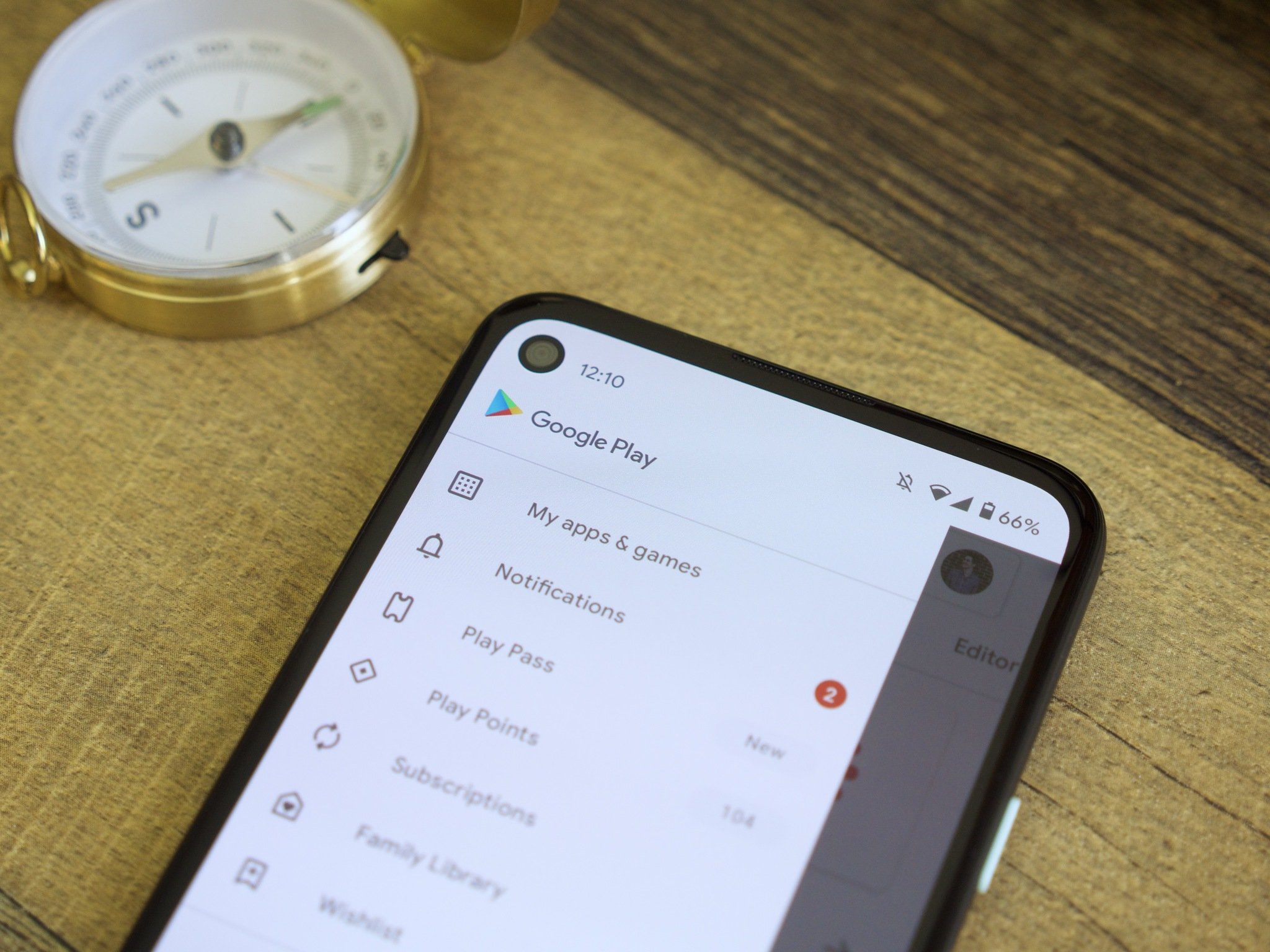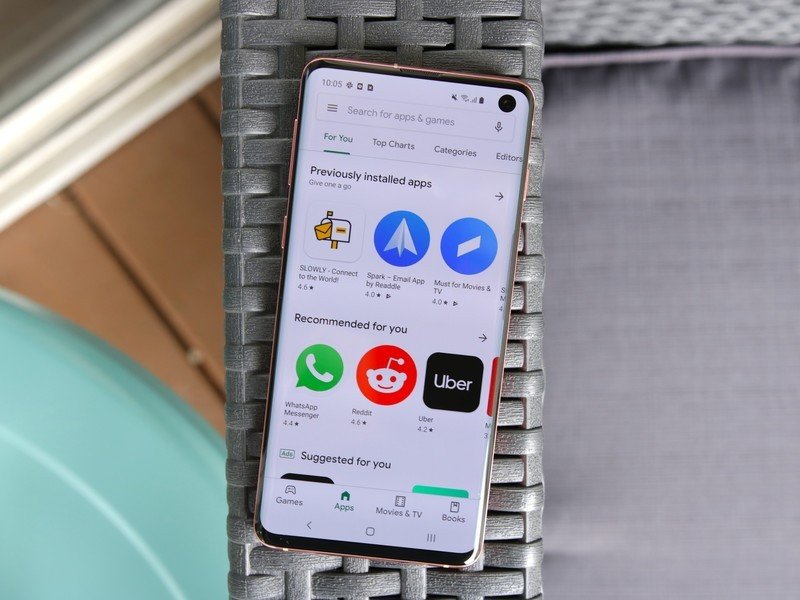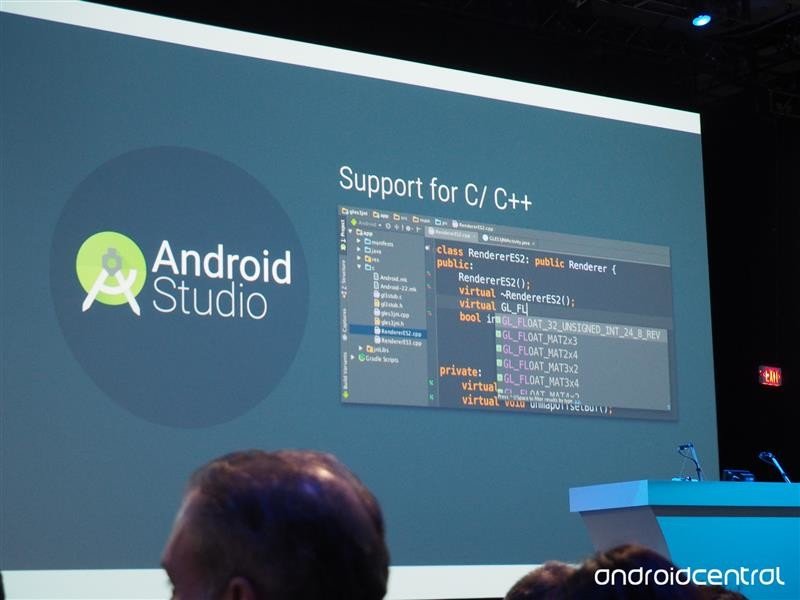Apple just put money back in developers' pockets, but Google can do it better

Apple has been under fire recently because it charges every developer who uses the App Store 30% on every penny they make through it. The only exceptions were subscriptions — which see a drop to 15% commission after a full year — and companies like Amazon, who Apple was willing to cut a special deal in order to get them on board.
To combat an inevitable ruling by courts looking into this anti-competitive behavior and garner some much-needed praise from the mostly unaffected buying public, Apple cut that 30% fee in half for more than 95% of App Store developers. Companies that make less than $1 million in yearly App Store sales now only have to pay a 15% commission. As expected, some of those companies still aren't very happy.
This is great news. I happen to think that 15% across the board is still too much, but seeing a concession like this from Apple is a dandy way to start the process of fixing the problem of giant tech companies taking too much from the smaller companies that make them great. And now it's time for Google to do the same thing and chop Play Store fees down to something more reasonable.
This is not just an Apple problem.
We're mostly Android users and Android fans here, and many of us would be more than happy to think of this as just another Apple problem, but it's not. Google also charges 30% commission on money made through its store for digital goods, as does Microsoft, Sony, and Samsung. This is why each company is able to charge such high fees: because all the "other guys" are doing it, too. That doesn't make it right or fair, especially in the eyes of grand oversight committees and courts.

I'm not opposed to any company charging a fair and reasonable fee to use its application distribution marketplace, nor do I think there should be no profit in it for the companies hosting them. It's not cheap to build, maintain, and secure something as large as the Google Play Store, and costs need to be covered. And without any profit, there is no incentive to make it better or even bothering to do the hard work of keeping it secure and maintained.
But 30% does a lot more than cover costs and wet a few beaks. I think it was right for some groups with authority to look into these fees because they are very anti-competitive. I don't feel sorry for companies like Epic Games who still make obscene amounts of money even after the fees are accounted for, but for the smaller or independent developers who have to pay 30-cents on every dollar, potentially making it not worth continuing to improve or develop an application. Those developers can't afford to pull apps or file lawsuits.
How Apple cut its fees is interesting, too. By halving the fees for the bottom 95% or so of developers who can only dream of making a million per year for their apps, Apple isn't going to lose any money and makes itself out to be the good guy. Some companies can afford to pay more and will do so willingly (or try to get special treatment and lower fees that are not available to the little guys) and those companies are where almost all of the profit comes from. Smaller developers who generate a lot less income get a break.
Be an expert in 5 minutes
Get the latest news from Android Central, your trusted companion in the world of Android

This is where Google could do one better. Google already has a very low barrier when it comes to getting an app into Google Play. Unlike Apple who charges $100 per year and forces developers to use equipment bought from Apple, anyone with a cheap PC and $5 can publish an app in the Play Store. Google doesn't seem to care about making money this way and simply wants to see more developers take part.
Google can easily afford to cut fees in a way that's even better and I think it should.
I think Google could afford to structure Play Store fees so that developers making under a set amount of money, let's say $250,000 pay zero fees for the first year. Afterward, those developers would pay the same nominal fee that every developer making less than X amount of profit does. Let the companies who can willingly afford to pay more keep doing so. No special deals, no exceptions. If you are able to become wildly successful because you can afford to pay the lowered commission, then you get to pay more so you can help others do the same thing.
There's one difference that could influence what Google does here, though. Google shares revenue with carriers while Apple keeps all of its App Store revenue. As developer Chris Lacy points out, a cut in fees affects Google more than it does Apple.
I *think* I expect Google follows Apple's lead & increases Play Store revenue share to 85% up to $1MM.
BUT!
App Store: X% goes to devs, Apple keep the rest.
Play Store: X% goes to devs, carriers & Google SHARE the rest.
A reduce store fee % impacts Google more than Apple.I *think* I expect Google follows Apple's lead & increases Play Store revenue share to 85% up to $1MM.
BUT!
App Store: X% goes to devs, Apple keep the rest.
Play Store: X% goes to devs, carriers & Google SHARE the rest.
A reduce store fee % impacts Google more than Apple.— Chris Lacy (@chrismlacy) November 18, 2020November 18, 2020
I'm not some sort of anti-capitalist who thinks we should stick it to the man and take more from successful companies. Quite the opposite: I think this is fair because it allows smaller businesses to gain a foothold so they can afford to pay more once they reach some arbitrary elite status.
Apple cut its fee because it knew it would be forced to do it. Google now has the same chance to do just that, or it could go a step further and do it even better.

Jerry is an amateur woodworker and struggling shade tree mechanic. There's nothing he can't take apart, but many things he can't reassemble. You'll find him writing and speaking his loud opinion on Android Central and occasionally on Threads.
